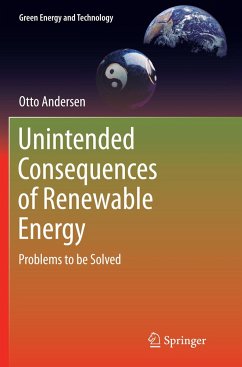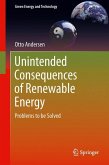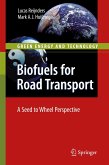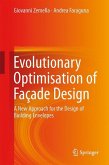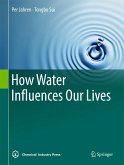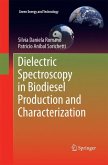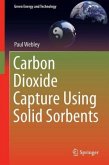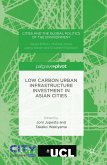Energy technologies in the future will need to be based on renewable sources of energy and will, ultimately, need to be sustainable. This book provides insight into unintended, negative impacts and how they can be avoided. In order to steer away from the pitfalls and unintended effects, it is essential that the necessary knowledge is available to the developers and decision makers engaged in renewable energy. The value of this book lies in its presentation of the unintended health and environmental impacts from renewable energies.
The book presents results from cross-disciplinary research on the implementation of alternative fuels in the transport sector, namely hydrogen, electricity and biodiesel. This is followed by an assessment of environmental impacts from the production of solar cells. Critical reviews on the use of nanotechnology and nanomaterials in the energy technologies is then provided, with the formation of nanoparticles during combustion of bio-blended diesel and their toxic effects, discussed in detail.
The book presents results from cross-disciplinary research on the implementation of alternative fuels in the transport sector, namely hydrogen, electricity and biodiesel. This is followed by an assessment of environmental impacts from the production of solar cells. Critical reviews on the use of nanotechnology and nanomaterials in the energy technologies is then provided, with the formation of nanoparticles during combustion of bio-blended diesel and their toxic effects, discussed in detail.

